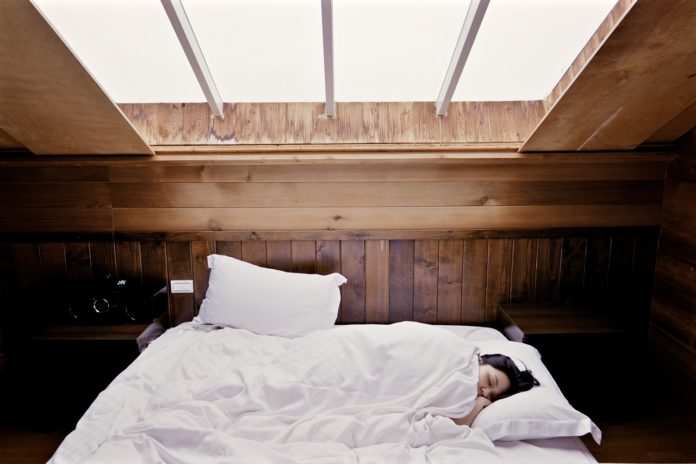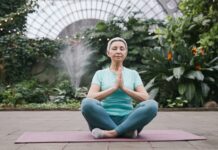If you’re using a fitness tracker to help you sleep at night, your device could be what’s keeping you up!
While monitoring your sleep can be beneficial, you might become so anxious that it keeps you awake.
In fact, the disorder is so common that it has its own name. It’s called orthosomnia, which literally means correct sleep.
Calling it perfect sleep might be more accurate since those affected usually care more about reaching some specific sleep score instead of finding what conditions they need to feel rested and refreshed in the morning.
Discover the truth about sleep trackers and how to use them constructively.
Basic Facts about Sleep Trackers:
- Focus on sleep quality. While getting 7 to 8 hours of sleep a night is a worthwhile place to start, it’s also important to address the quality of your slumbers. That may involve how much time you spend in light and deep stages of sleep and how many times you wake up during the night.
- Check your device. Some wearables do nothing more than detect body movements, which may be adequate for counting steps but not for measuring sleep. Others are becoming more sophisticated but do your research to see if the manufacturer’s claims have been scientifically evaluated.
- Consider a sleep lab. Most experts believe that a sleep lab is still the most accurate way to diagnose a sleep disorder because it measures a wide range of factors, including brain waves and eye movements.
- Talk with your doctor. Your physician can help you address any concerns you have about your sleep. They can also provide referrals to specialists and sleep labs in your area.
- Stay updated. Some universities and nonprofits are working to make sleep technology more reliable. Keeping up with the latest information can help you to make healthier choices.

Natural Sleep Remedies:
- Take a break. If you think you might be too preoccupied with the numbers you’re seeing on your sleep tracker, schedule a little time apart. Try listening to your body instead. If you wake up in the morning without needing an alarm and you feel energetic, you’re probably sleeping well regardless of your electronic score.
- Maintain consistent bedtimes. Going to bed and getting up at about the same time each day is still one of the most reliable ways to beat insomnia. It’s a sound practice with or without any wearable device.
- Eat light. Heavy late dinners and bedtime snacks can interfere with your rest. If you’re hungry, enjoy a small serving of foods rich in carbohydrates, such as unsweetened cereal or a slice of toast.
- Darken your bedroom. Dimming the lights prepares your brain for bed. Hang heavy drapes in your bedroom and turn off the bright screens on your phone and TV.
- Block out noise. Are you bothered by heavy traffic and loud neighbours? Use a fan or pink noise recording to drown out background sounds.
- Change your bedding. Tossing and turning could be a sign that you need a new mattress or pillow. Pick something that’s appropriate for your usual sleep position.
About 20% of Americans own a wearable device, and more than 10% are wearing sleep trackers on at least an occasional basis. If you’re one of them, ensure your device is really helping you. Talk with your doctor if you have any questions.
As long as you can use your sleep tracker without feeling anxious, you may find that collecting your personal data enhances the quality and quantity of your sleep.























